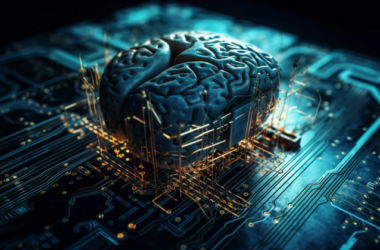An analysis by the International Monetary Fund (IMF) reveals that artificial intelligence (AI) is poised to impact nearly 40% of global jobs, with advanced economies facing greater vulnerability compared to emerging markets and low-income countries.
Bloomberg reports that IMF Managing Director Kristalina Georgieva stated that in most scenarios, AI is likely to exacerbate overall inequality, urging policymakers to proactively address this trend to prevent heightened social tensions.
Georgieva emphasised that the impact of AI on income inequality will depend largely on how the technology complements high earners.
Increased productivity from high-income workers and companies could lead to greater capital returns, thereby widening the wealth gap. She recommended that countries implement “comprehensive social safety nets” and retraining programs for at-risk workers.
While there is potential for AI to completely replace some jobs, the more probable scenario, according to the analysis, is that it will complement human work. Advanced economies are expected to see around 60% of jobs affected, surpassing the impact on emerging and low-income countries.
Georgieva’s perspective on AI aligns with discussions taking place at the World Economic Forum in Davos, Switzerland, where global business and political leaders are convening to address various issues, including the role of AI.
Concerns about the future of jobs have arisen as companies invest heavily in AI technology. For instance, Buzzfeed Inc. announced plans to use AI for content creation, leading to the closure of its core news department and the layoff of over 100 staff members.
While the European Union reached a tentative deal in December on legislation outlining safeguards for AI, the United States is still deliberating its federal regulatory stance on the matter.










